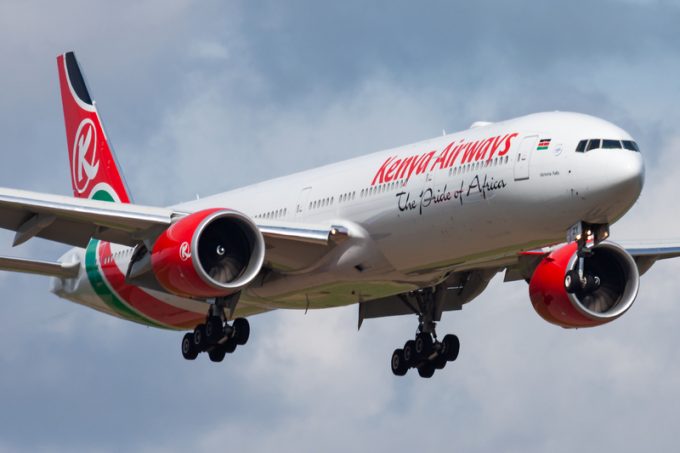Government Spokesperson Isaac Mwaura has broken his silence over a simmering diplomatic row with Uganda over a fuel importation deal.
Speaking on Thursday, January 11, Mwaura acknowledged receiving details of the suit filed against Kenya East African Court of Justice (EACJ).
Mwaura noted that Kenya was obliged to wait for the court verdict following the suit filed by President Yoweri Museveni's administration.
Defending the country's decision to block the movement of its refined petroleum products from Mombasa port to Uganda, the former nominated lawmaker argued that Kenya was not reaping profit from the pipeline.
He noted that the country was planning to restructure it to bring it back to profitability.
Read More
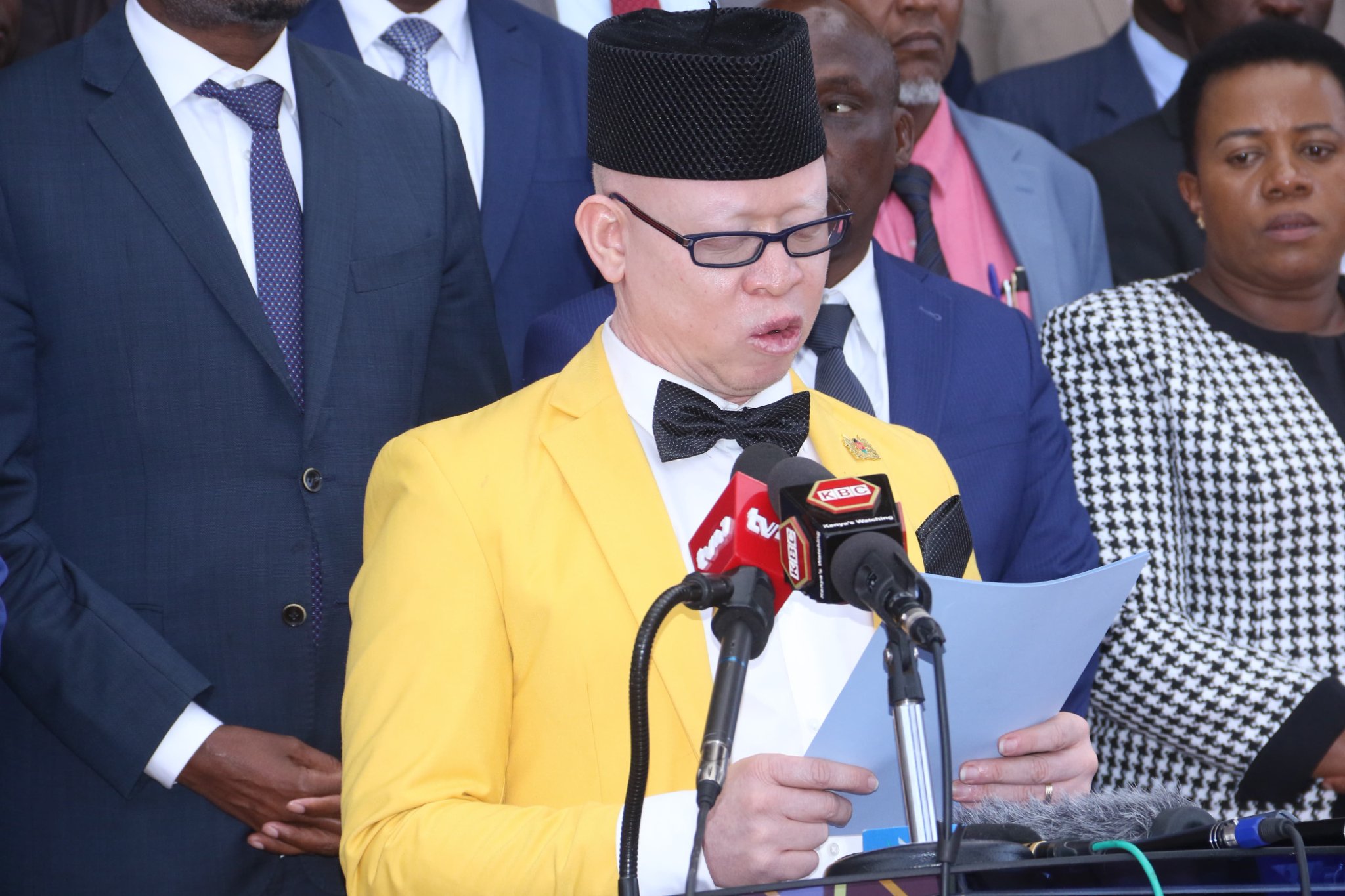
"The disagreement is currently in court and we will allow justice to take its course. But honestly speaking, Kenya is not gaining as required from the pipeline," Mwaura stated.
According to Mwaura, Uganda's decision to stop fuel importation through Kenya will help the country preserve its foreign reserve exploited in purchasing fuel.
Despite the fallout, the government spokesperson noted that Kenya had made significant steps to resolve the fallout.
"As a government spokesperson, I am aware of several meetings held with Uganda's officials to resolve the dispute. But Kenya has the right to benefit from it resources," he insisted.
In the suit, Uganda accused Kenya of denying its entity, the Uganda National Oil Company (UNOC), the right to operate as an Oil Marketing Company (OMC) in Kenya.
Uganda, through the UNOC, had sought to move fuel products through the Kenya Pipeline but was directed to register as an oil marketer in Kenya by the Energy and Petroleum Regulatory Authority (EPRA), a move that would allow UNOC to import and export petroleum products through Kenya and use the country’s pipeline to do so.
EPRA had asked UNOC to fulfil several requirements, among them; business registration certificates, identification documents for all directors, work permits, tax compliance certificates, proof of financial capability including proof of sales volumes of 6.6 million litres of super petrol/gasoil or A1jet or kerosene in Kenya, evidence of operating five licensed retail stations and operating a licensed depot with a turnover of USD 10 million over the last three years.
This prompted Museveni's administration to sue Kenya. This case is however pending in court.
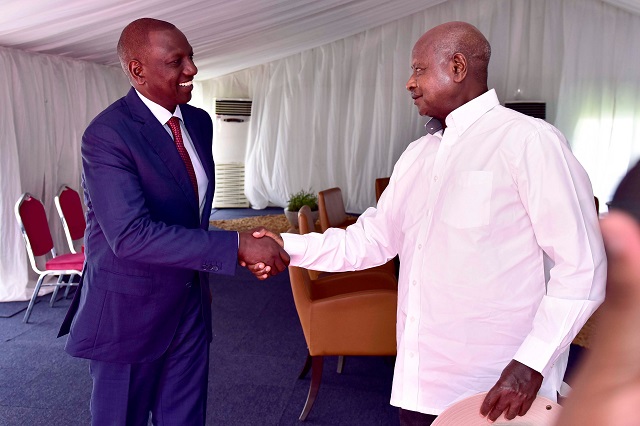
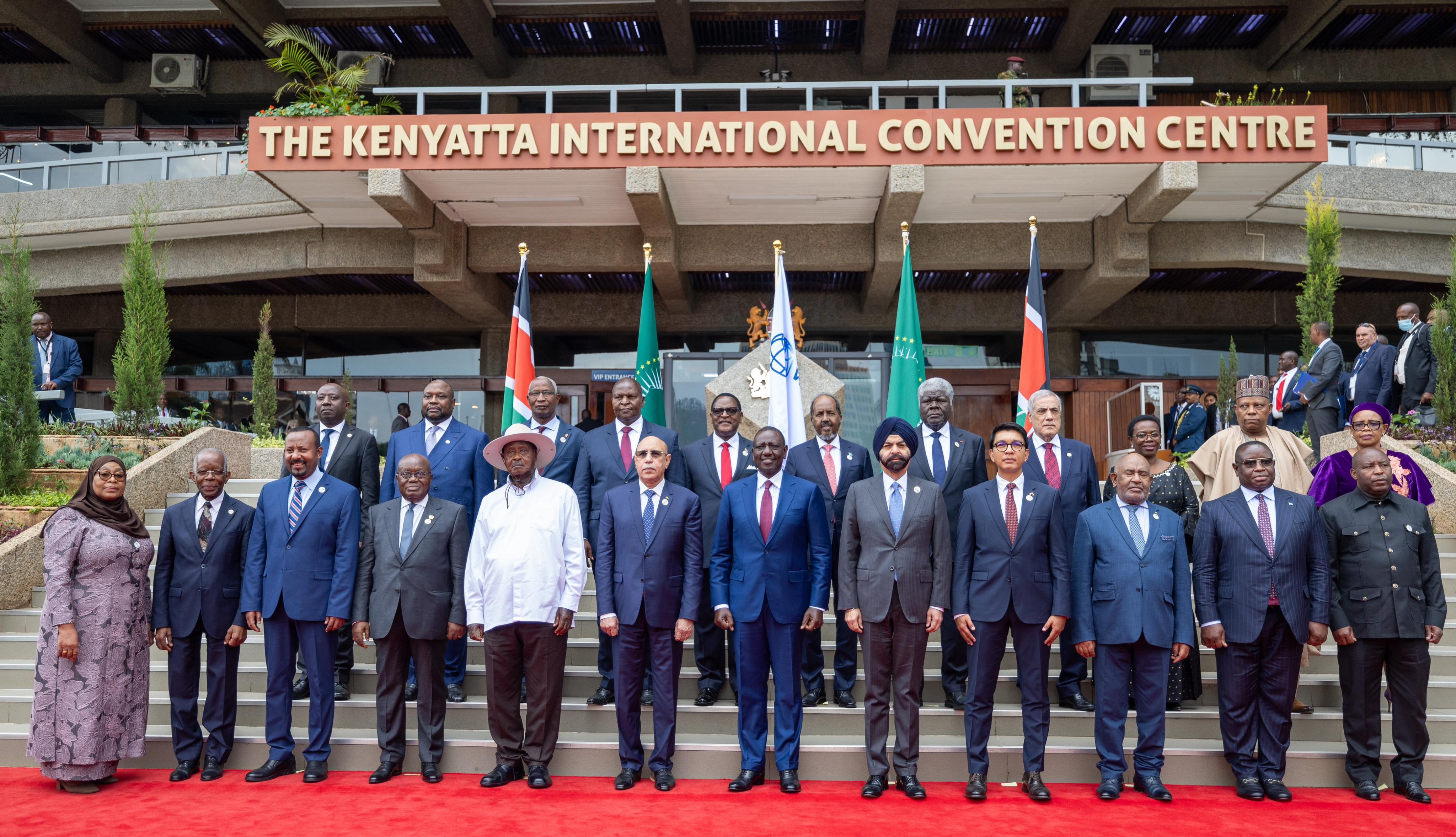
-1714391183.jpg)
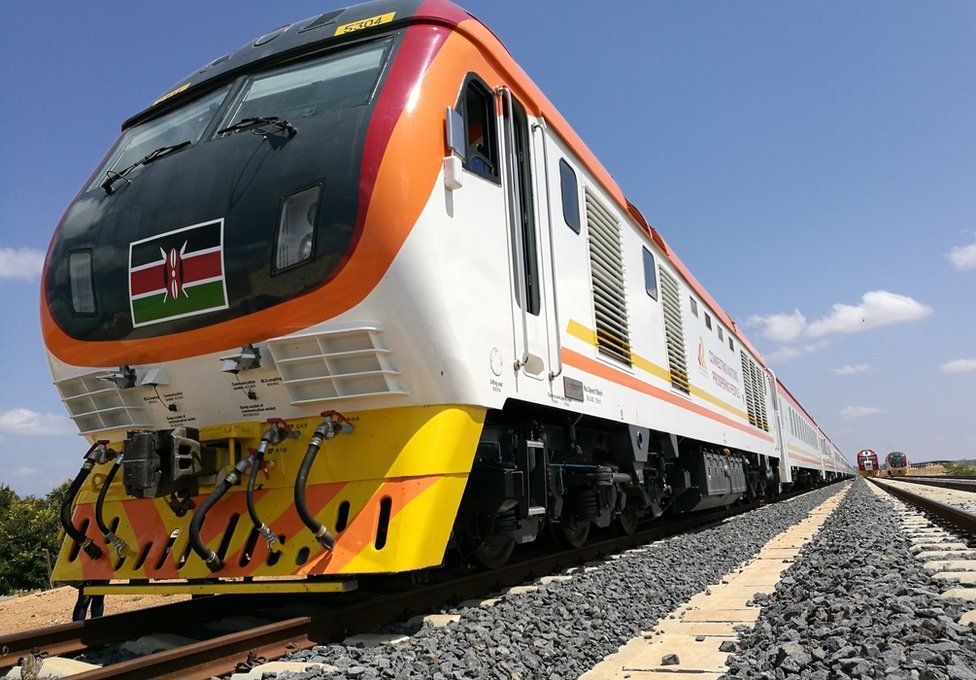
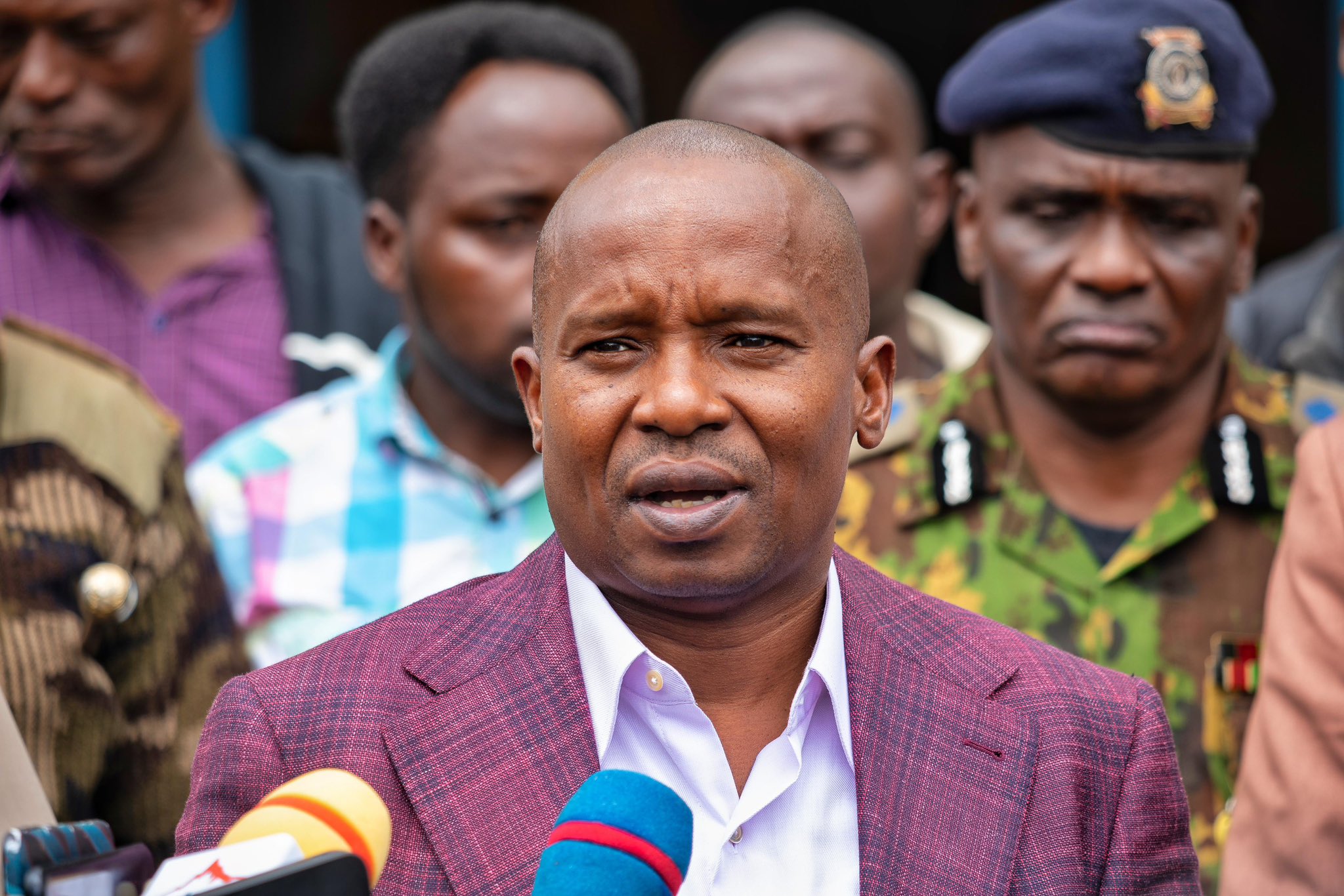
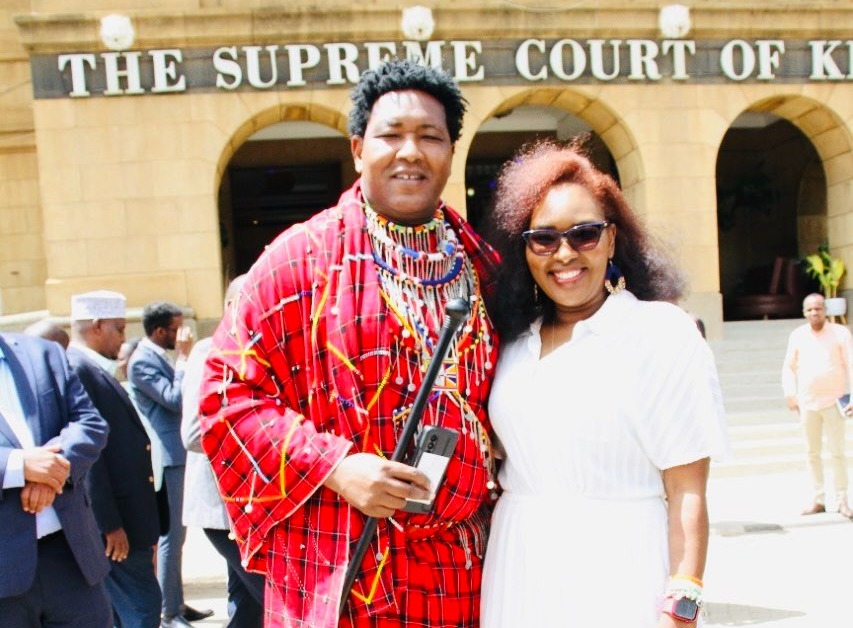
-1714379887.jpeg)
